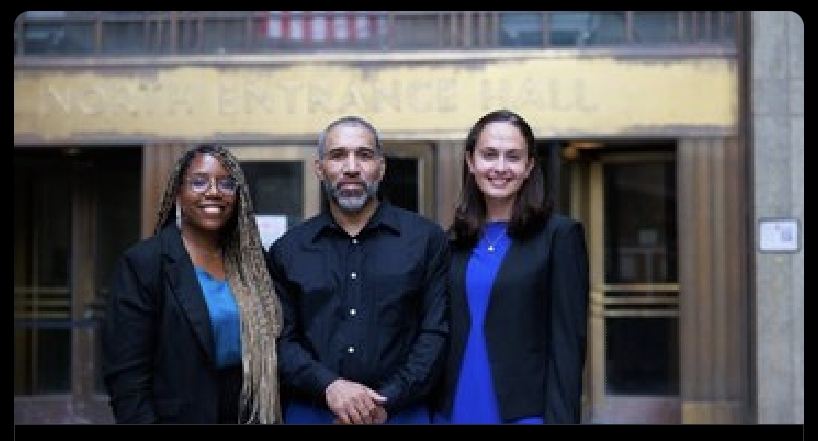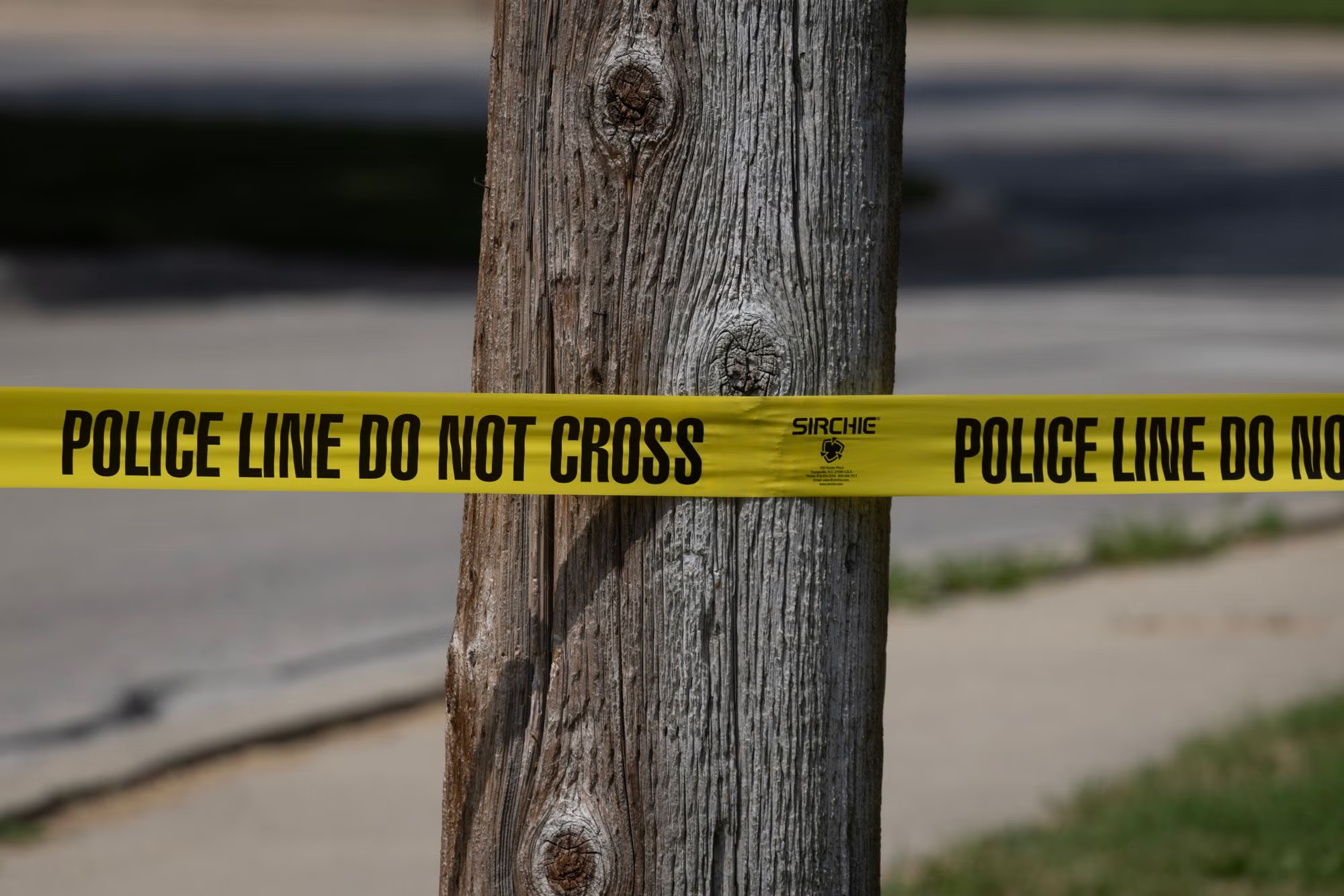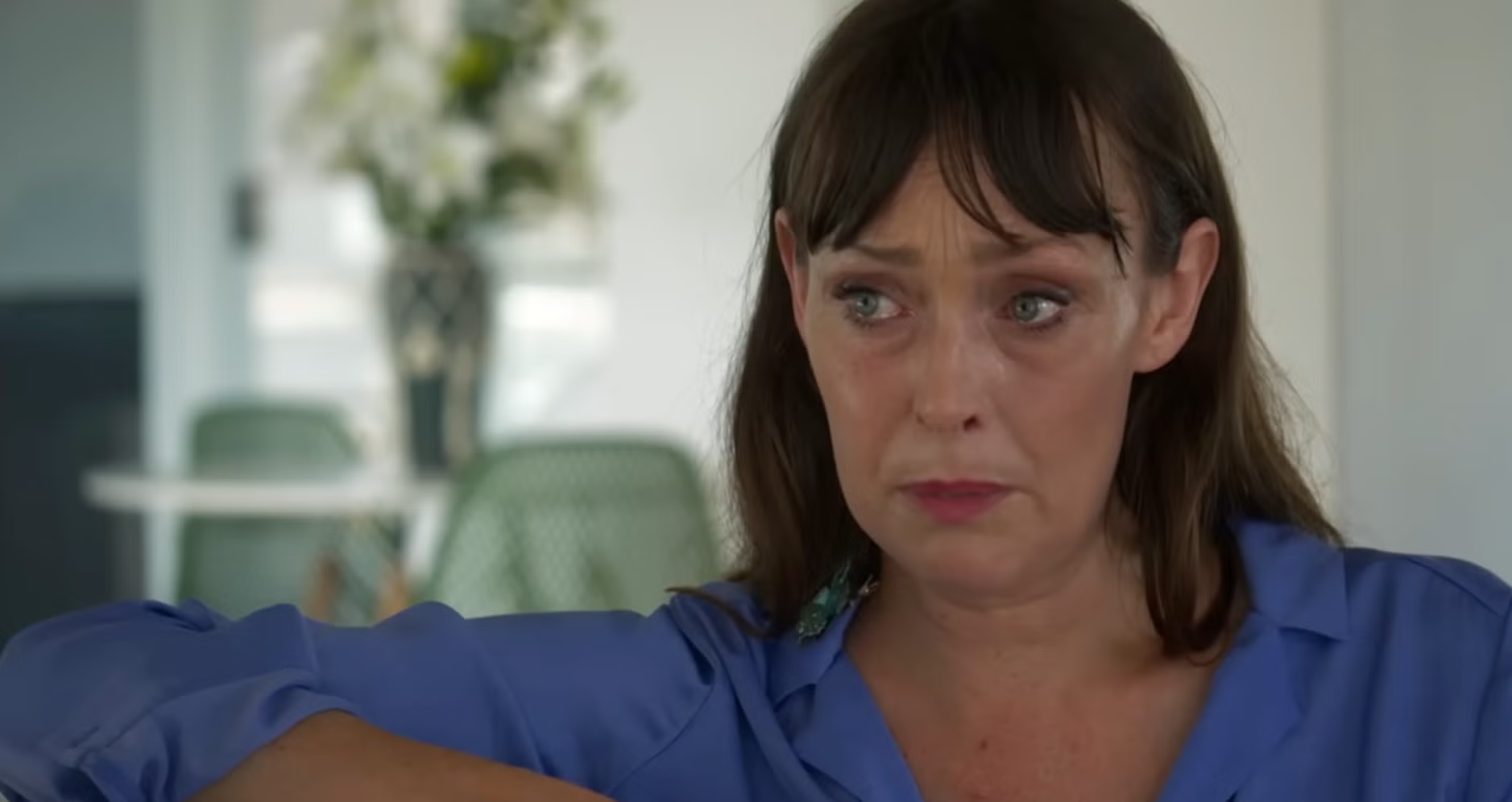In a landmark decision on July 10, 2025, a Manhattan judge exonerated Charles Collins, 49, and Brian Boles, 48, overturning their wrongful convictions for the 1994 murder of 85-year-old James Reid in Harlem, New York. The two men, both 17 at the time of their arrests, spent a combined 52 years behind bars for a crime they did not commit, their convictions hinging on coerced confessions obtained under duress with no corroborating physical evidence.
The case began on February 8, 1994, when James Reid was found strangled to death with a telephone cord in his apartment on West 138th Street. Collins and Boles, who lived in or were staying at the same building, became suspects following their arrests for an unrelated robbery, which they admitted involvement in. During intense interrogations, police subjected Boles to two days of questioning without a lawyer, parent, or guardian present, using threats, lies, and sleep deprivation to extract a false confession. Boles, only 17, succumbed to the pressure, while Collins, fearing a similar outcome at trial, took a plea deal. Boles was convicted of second-degree murder and robbery, receiving a sentence of 20 years to life, and served nearly 30 years before his parole in 2024. Collins, who pleaded guilty, served 22 years and was paroled in 2017.
The turning point came through a joint reinvestigation by the Manhattan District Attorney’s Post-Conviction Justice Unit (PCJU), the Innocence Project representing Boles, and the law firm Ropes & Gray representing Collins. Advanced DNA testing, unavailable in 1994, was conducted on fingernail evidence from the victim. The results excluded both Collins and Boles, instead pointing to an unidentified individual as the likely perpetrator. Further, the reinvestigation uncovered critical exculpatory evidence withheld from the defense during the original proceedings, including witness statements indicating Reid was alive hours after the time cited in the coerced confessions and a lab report undermining a detective’s testimony linking Collins to a footprint at the crime scene.
On July 10, 2025, Justice Ruth Pickholz vacated the convictions and dismissed all charges, including those related to the robbery, citing the interests of justice and the men’s completion of sentences for that separate incident. The decision followed a joint motion by prosecutors and defense attorneys, with Manhattan District Attorney Alvin Bragg acknowledging the profound harm caused by the wrongful convictions. “Charles Collins and Brian Boles suffered the devastating consequences of their unjust convictions for decades,” Bragg stated, emphasizing the PCJU’s rigorous work in partnership with the New York City Office of the Chief Medical Examiner.
The case highlights systemic issues, particularly the use of coercive tactics on juveniles, which studies show increases the likelihood of false confessions. Nearly a third of wrongful convictions involve such confessions, with a significant portion involving individuals 18 or younger. Boles’ experience echoes cases like the Exonerated Five, where deceptive police tactics led to wrongful convictions.
While in prison, Boles participated in the Bard College Prison Initiative, earning a bachelor’s degree in sociology in May 2025. Now free, he is building a career dedicated to serving marginalized communities and advocating for others wrongfully convicted. Collins, relieved to have his name cleared, looks forward to moving beyond the shadow of his conviction, though his current pursuits remain private.
The exoneration marks the 13th conviction vacated by the PCJU since its inception in 2022, underscoring a broader movement to address past injustices through advanced forensic methods and renewed scrutiny of due process violations. For Collins and Boles, the ruling offers a long-overdue restoration of their freedom and dignity, though it cannot erase the decades lost to a flawed system.




